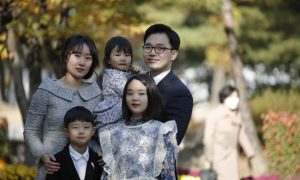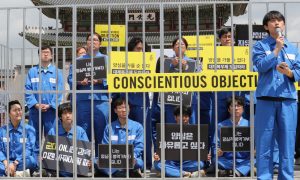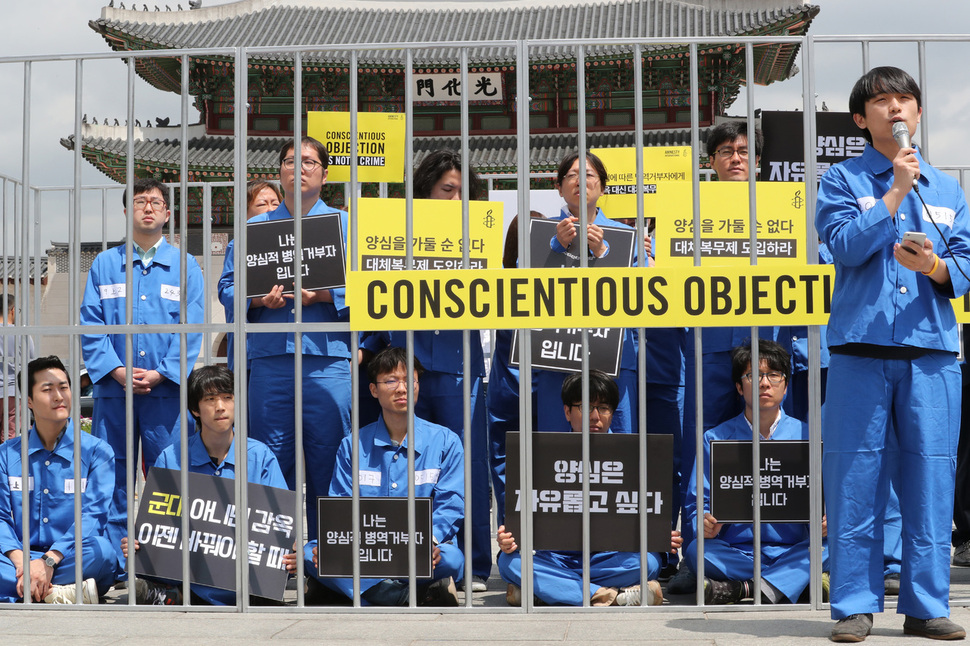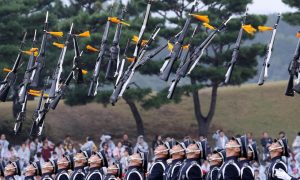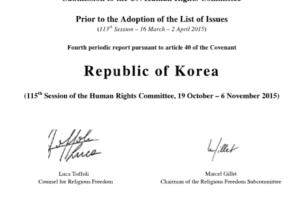The Supreme Court Thursday upheld an appellate court’s acquittal of a conscientious objector who dodged his military service citing his own personal convictions. The man, identified by his surname Jeong, was indicted in 2017 on charges of violating the Military Service Act (MSA) for disobeying his enlistment order.

It is the first time that the top court confirmed the not-guilty ruling on a man who refused to follow his conscription order on the basis of personal beliefs rather than religious beliefs, such as held by Jehovah’s Witnesses. In February, another man, also not a Jehovah’s Witness, was confirmed not-guilty after refusing to take reserve forces training citing his personal convictions.
The recent ruling is welcome in that it extends the scope and meaning of conscientious objection, respecting the value of diversity and needs of minorities in a democratic society. Yet the ruling also leaves many tasks in terms of how to determine the authenticity of the objector’s personal beliefs and possible controversies over fairness.
Jeong, who identifies himself as a queer feminist, said he has been feeling antipathy toward norms of masculinity since the time when he attended high school. After entering university, he joined an activist Christian organization and engaged in anti-war campaigns. He also studied feminism in graduate school.
The lower court sentenced him to a year and a half in prison, saying his case cannot be a reason for exemption from legal punishment for violation of the MSA. But the appellate court overturned the ruling by acknowledging that the man has advocated non-violence and anti-war principles in line with feminism and respect for minorities based on Christian values of love and peace.
In June 2018, the Constitutional Court ruled it is unconstitutional not to define the scope of alternative services to military duty, given the need to cherish the people’s freedom of conscience. In November the same year, the top court also recognized the conscientious objection of military service, followed by similar rules in many courts, affecting mostly Jehovah’s Witnesses.
The Constitution stipulates that all people have the right to freedom of conscience. And the faces of conscience are diverse. It can be about religion and faith on the one hand, and it can also be about non-violence, peace and feminism. While recognizing the various facets of conscience, there should be more efforts so that more citizens can enjoy freedom of conscience in the true sense.
We should also make more efforts to properly manage the alternative service system. In addition, there should be stricter standards to discern authentic conscience. So we need to establish a social consensus through public debate on the scope of conscientious beliefs. More focus should be made to prevent the recent ruling from possibly fanning a trend to avoid military service among young people and thus making it difficult to meet the demand for military manpower.
